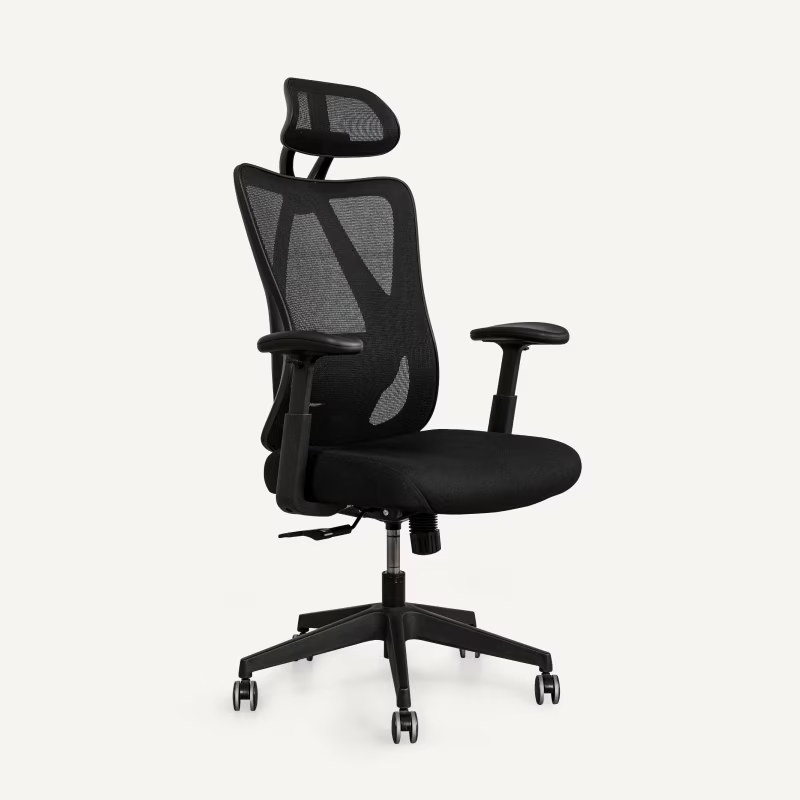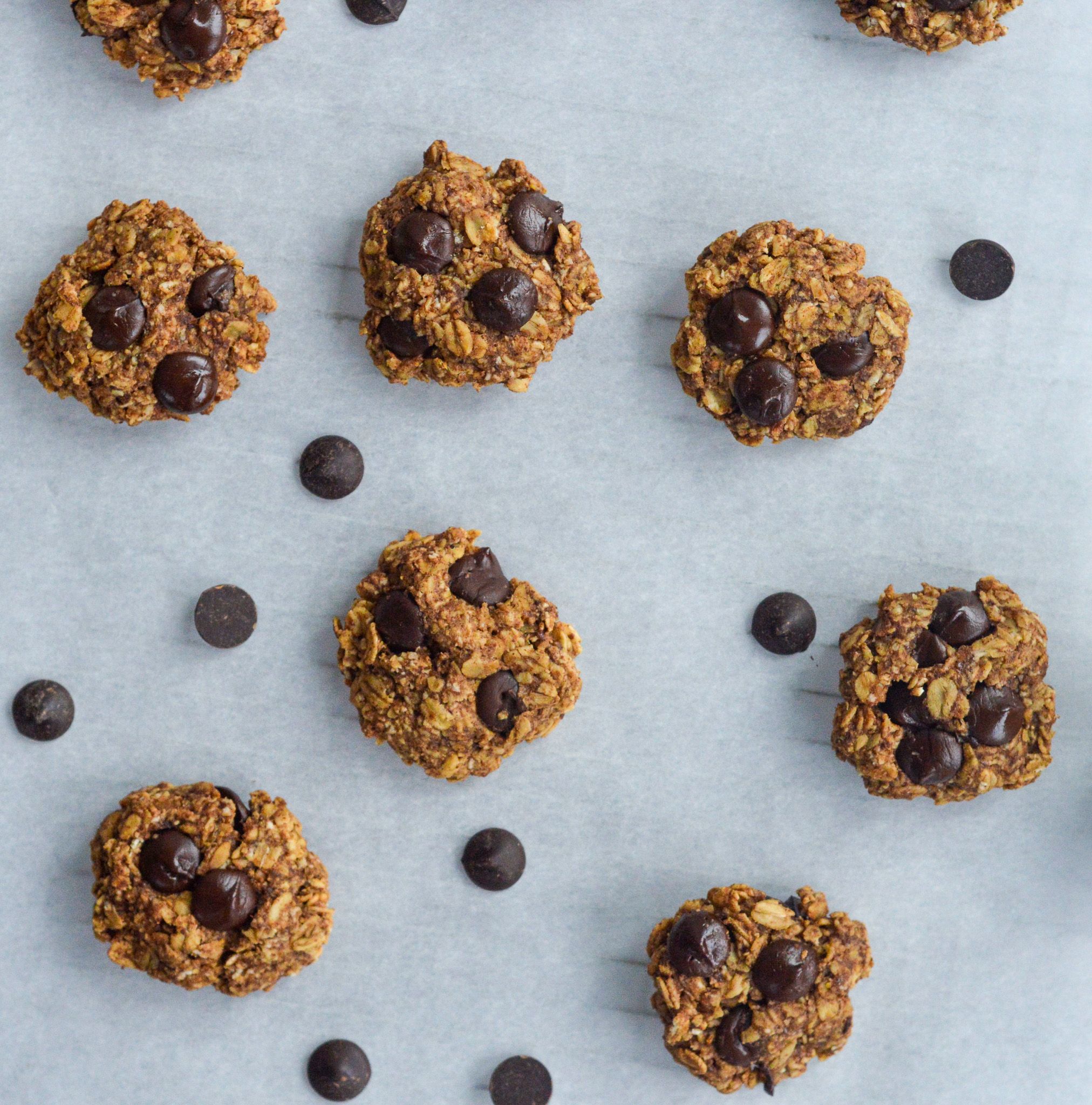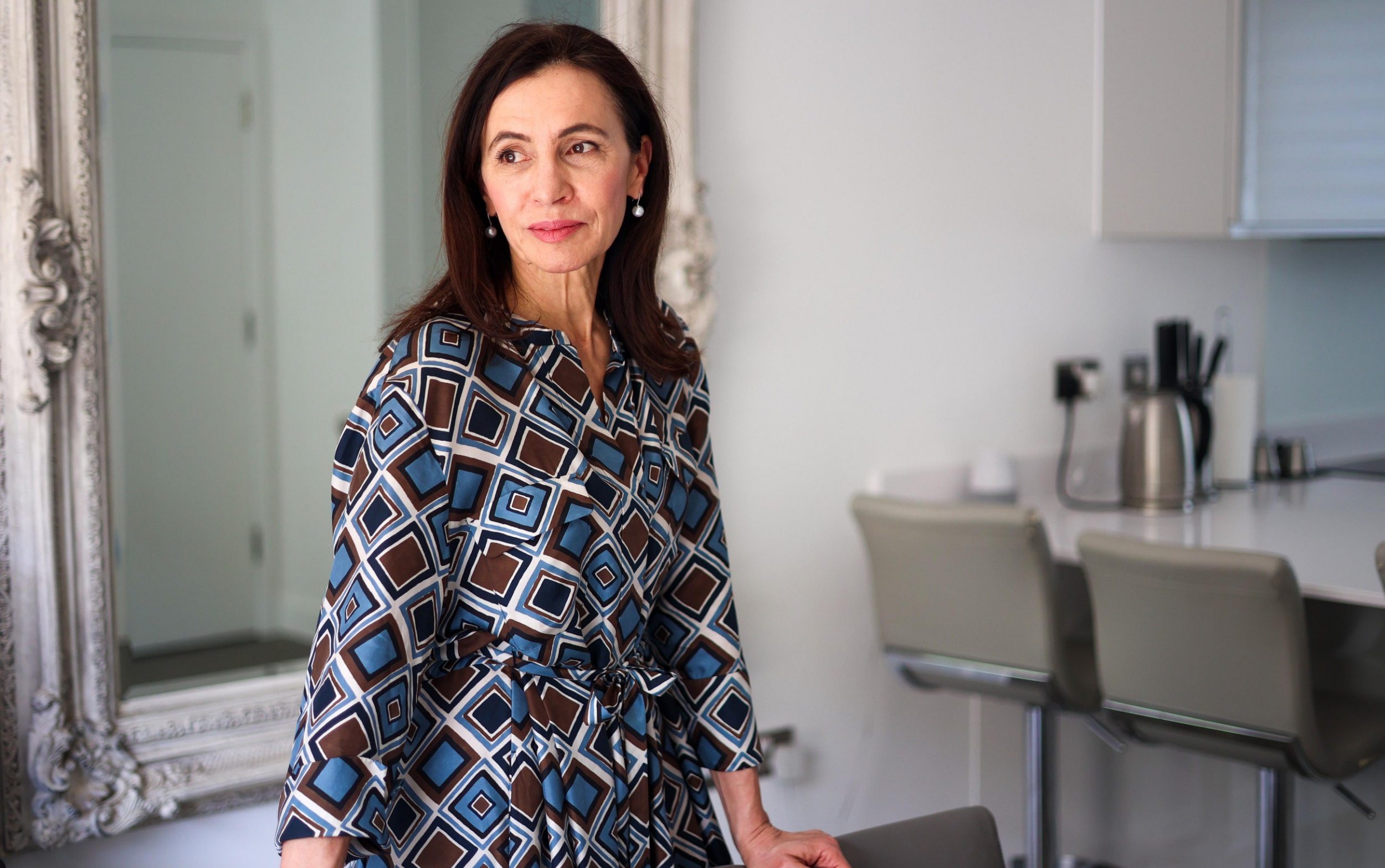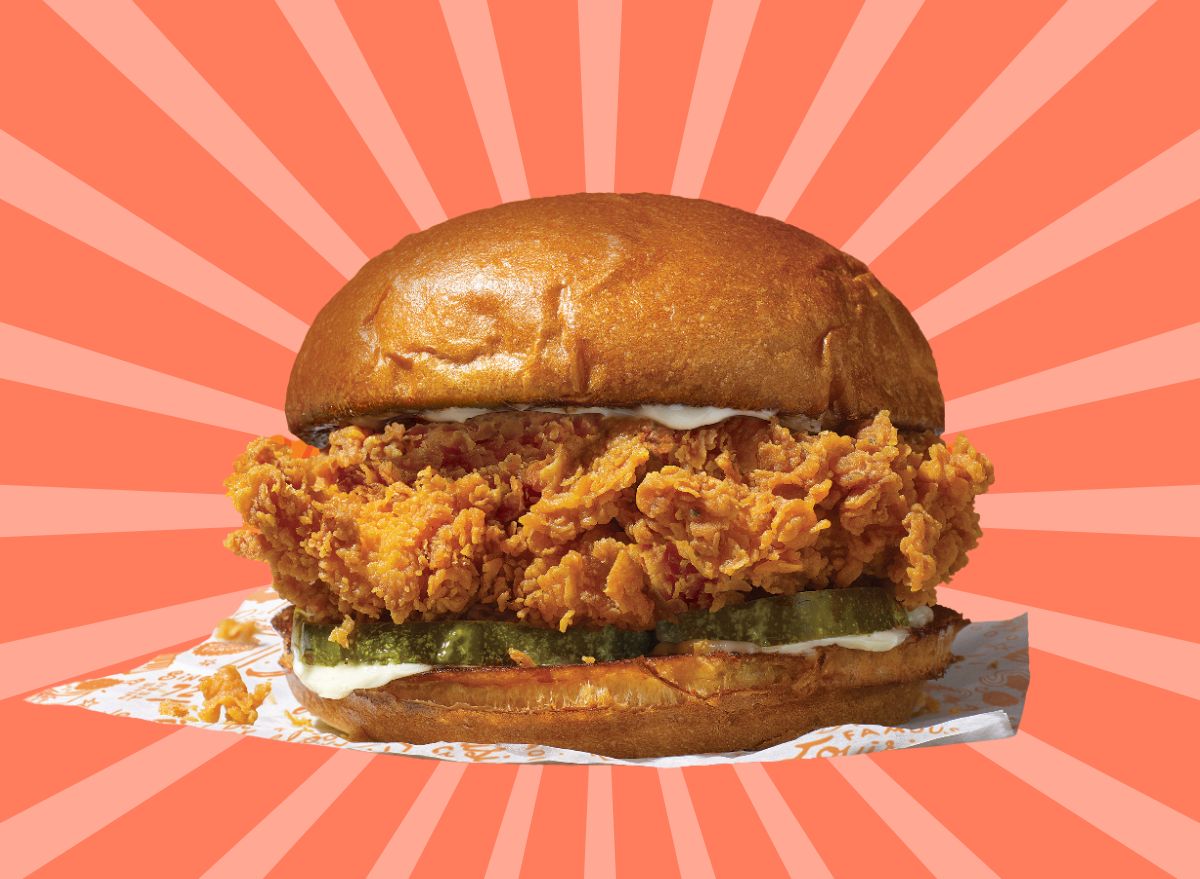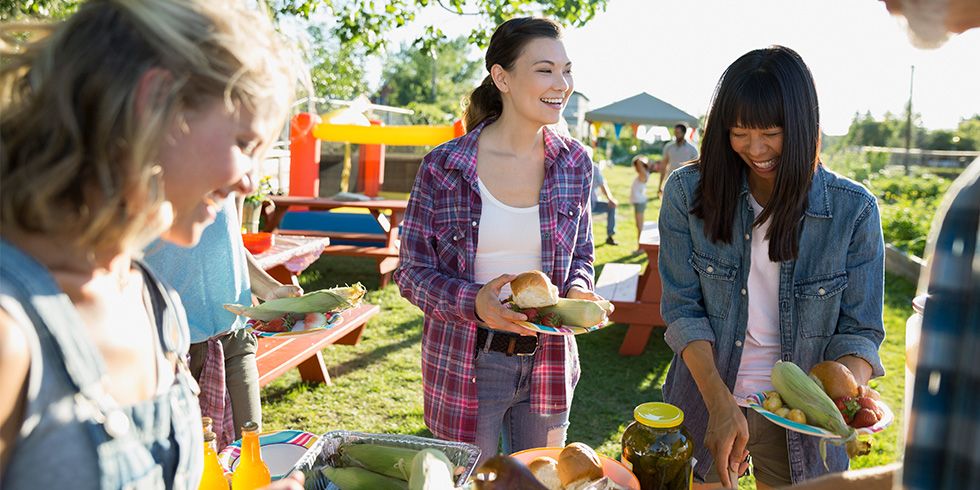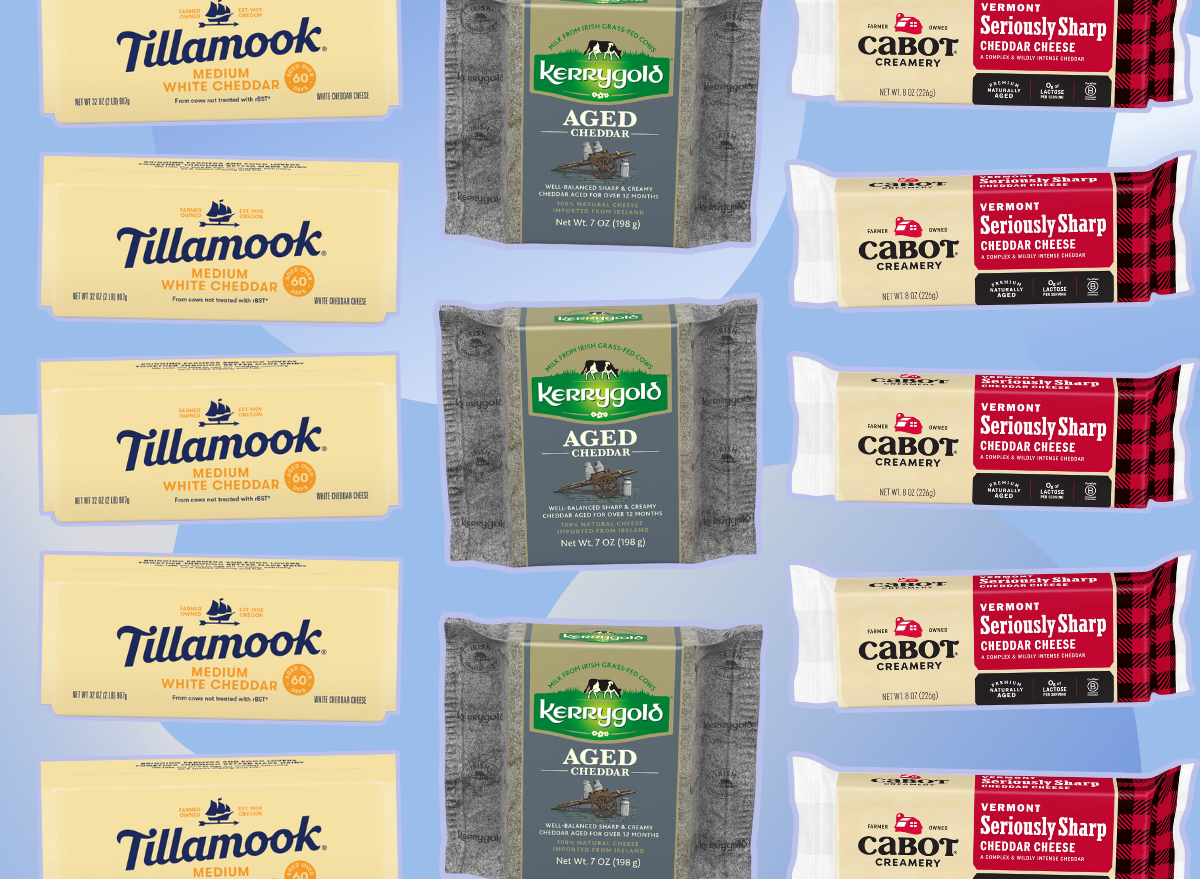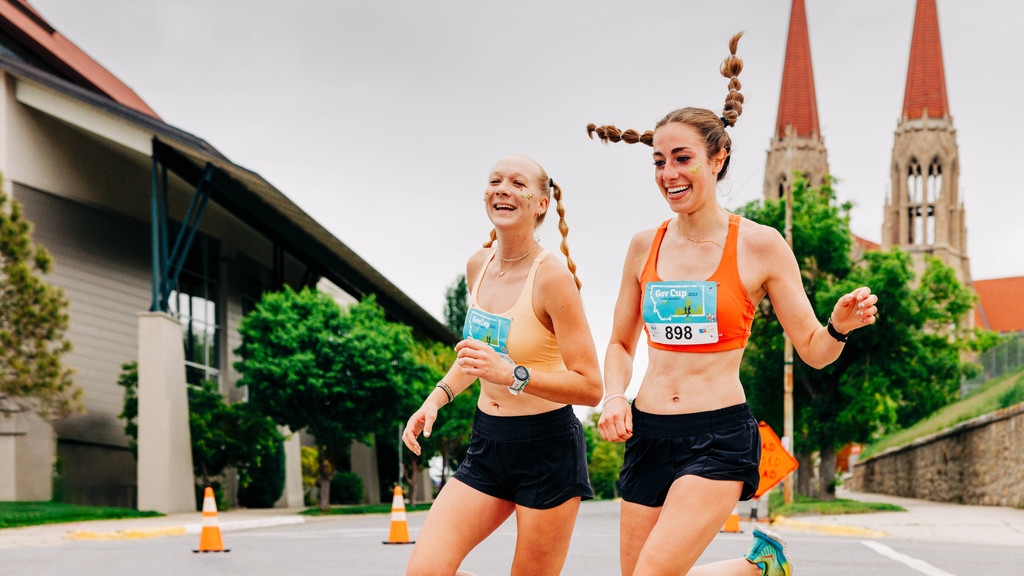
FOODS TO HELP BUILD STAMINA DURING MARATHON TRAINING
A healthy, varied diet is key when it comes to training for a marathon.
If you are training for a marathon or other running event, it is important to eat a balanced diet that includes adequate amounts of whole grains, fruit, vegetables, lean protein and healthy fats.
Kerry Beeson, nutritional therapist at Prep Kitchen, explains what foods you should and shouldn't eat when training for a marathon.
Foods you should be eating:
Complex carbohydrates
Complex carbohydrates will help you to feel energised throughout your run.
"Complex carbohydrates are best as they are metabolised more slowly than simple sugars, providing sustained energy without causing blood sugar peaks and troughs," Kerry says. "Depending on how often and how hard you're training, aim for around 5-8g of carbs per kg of body weight per day."
Protein
Protein is essential for athletes to promote muscle growth and repair and the production of enzymes which aid nutrient absorption.
Healthy fats
Eating foods rich in healthy fats can provide you with more energy.
The nutritional therapist suggests, "Healthy fats in foods like oily fish, olive oil, and avocado are also great to include as part of a runner's nutrition arsenal - they're anti-inflammatory and can provide a sustained source of secondary energy, especially if running long distances."
Fruit and vegetables
Including a variety of fruits and vegetables in your diet will support your overall wellbeing.
"Fruit and veg provide vitamins and minerals for immune support, efficient metabolism and overall wellbeing," Kerry states. "Eat brightly coloured fruits and vegetables like berries or beetroot - these are full of antioxidants which have been shown to improve performance and aerobic capacity."
Foods to avoid during training:
Processed foods
Processed foods are full of sugar and fat, which will only slow you down.
"Your diet should be very efficient when training - every meal needs to count," the expert says. "Processed foods are typically full of empty calories, added sugar, and fat, with low amounts of the nutrients your body needs."
Fatty foods
Fatty foods will make you feel tired rather than energised.
"Avoid deep-fried or fatty foods - these take a long time to digest and can make you feel sluggish," Kerry warns.
High-fibre foods
To avoid bloating, you should avoid foods that are high in fibre.
"Beans and pulses or cruciferous vegetables are super healthy but can be difficult to digest and can cause bloating, so avoid them before training or a big race," the expert advises.
2024-04-29T11:34:50Z dg43tfdfdgfd


